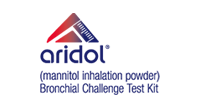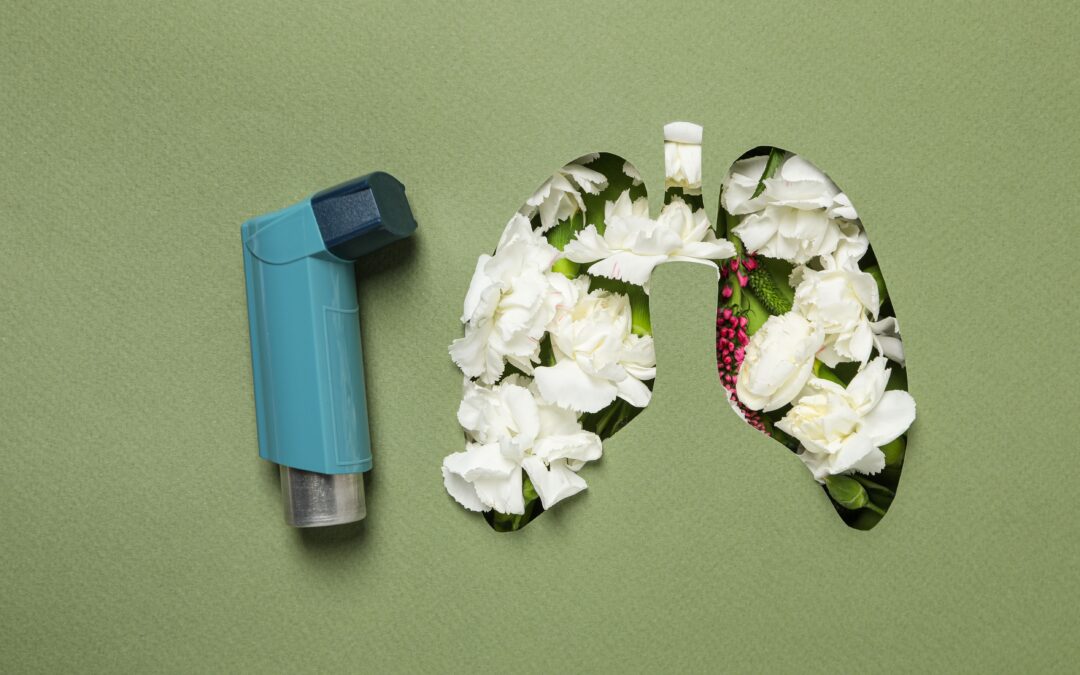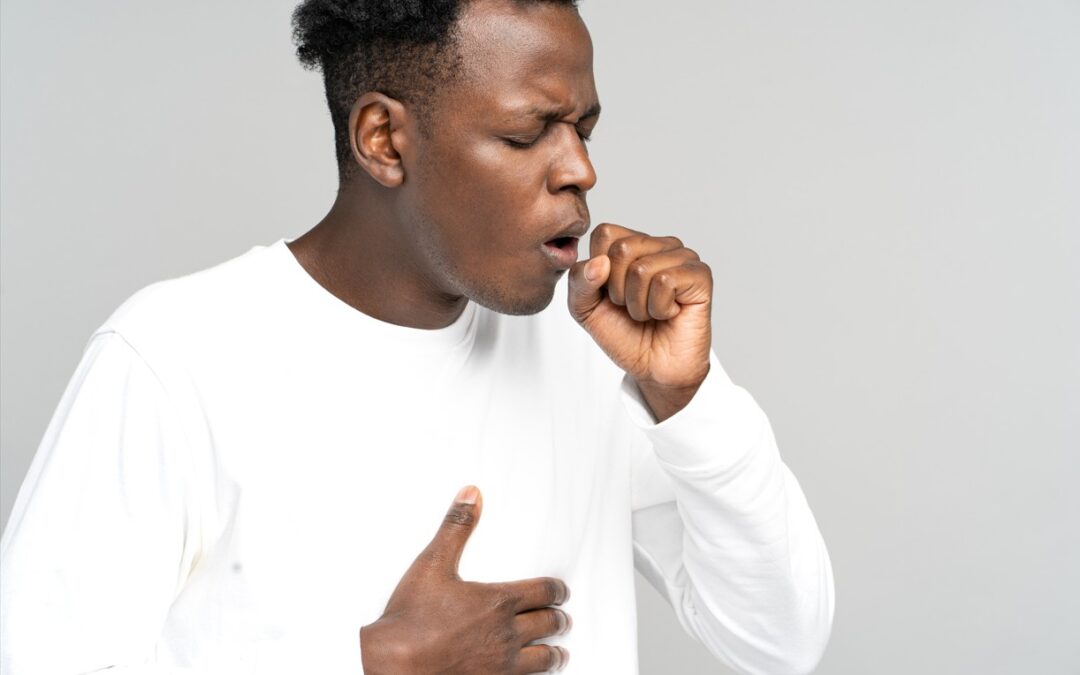Ralph Stumbo Jr RRT CPFT
We all have a story about how we ended up in Respiratory Therapy. Some of them are pretty straight forward: from high school to college to your first job. Others, like myself, sort of “backed into it”. I was in college to become a science teacher when I hatched a plan to earn extra money during the summer: join the Army Reserves. Not only would I get the extra pay one weekend per month and for two weeks during the summer, but they would train me in a skill I could use to supplement my income during summer breaks. After doing well on the entrance exam, I told them I wanted to be trained to do x-rays. “Sorry, that’s a no-go”, said the recruiter; “no openings. Here is a list of the openings at the reserve unit and they will only send you to school for a job where they have an opening”. So, I took the list and on the way home I stopped and picked up a newspaper. Once home I opened the paper to the employment section and started looking for Army jobs that had a lot of equivalent civilian job openings. That’s when I found respiratory therapy. I told my wife I was going to be a respiratory therapist. “What do respiratory therapist do?” she asked. I shrugged my shoulders and said, “I don’t know, but there are lots of job openings so I shouldn’t have a problem finding work during the summer”. That is how I became a respiratory therapist. And yet for others, respiratory therapy is a second career. Either their career downsized them, they retired from their career, or it just wasn’t the career they thought it would be when they started.
I spent the first 7 or 8 years of my career living off the adrenaline of working in the ICU. I enjoyed the physical, mental, and emotional challenge of working with critically ill people. I loved the comradery of working with the other RTs and the ICU nurses and doctors. But as satisfying as that was, nothing compares to the immense joy and personal satisfaction that I get while working in the PFT lab. For sure I still get the mental and emotional challenge in the PFT lab. Personally, I feel I am making a bigger impact on my patients lives when I teach them techniques for how to breathe better or manage their breathing anxiety, how to use their medications properly, or when I take the time to just listen to them talk about their fears and share my own battle with cancer and why they too have reasons for hope. It is times like those when I have shown the greatest compassion and gotten my greatest reward… a thank you and a hug. I believe I am not alone. I’ll bet most of you have stories just like mine. And like me, you do this because of a sense of personal satisfaction in giving great care.
Dr. Martin Luther King Jr said, “Life’s most persistent and urgent question is, ‘what are you doing for others?’” Mother Teresa said, “The greatest good is what we do for one another”. Tony Robbins said, “The secret to living is giving”. Booker T Washington said,” Those who are happiest are those who do the most for others”. I could go on and on. It is no accident that the important thinkers and leaders from every generation all espouse the view that there is nothing a person can do more valuable or important than serving others. But if this is the case, why do we allow ourselves to act like the people who serve others are somehow below those they are serving? Do we hold in high esteem the cashier at the store? The waitstaff at a restaurant? The janitor in our building? The bus driver? We should, we are their “why” they are doing their jobs well.
As we come out of this seemingly never ending COVID pandemic, we need to take a moment and recenter ourselves as to “why” we are doing what we do. Living in this constant state of change and fear has taken its toll on many people. It is the “what” and “how” that has been in a state of flux not the “why” we do this. It is the people who know the “why” behind what they are doing who have come through COVID in much better shape. Their “why” has been like a lighthouse to a ship caught in a storm. They have not lost their way. The path may be rough, but their purpose is clear.
If you are shaking your head and saying, “that’s right” as you read this then you “get it”. You know your ‘why’. It’s never a bad thing to reaffirm and refocus on it. But if you feel lost in all the chaos, then I would encourage you to take time to reflect on why you are a RT. Being a respiratory therapist or pulmonary technologist is not a job, it is a calling. It is a way to live our life in the service to others and it is a noble and honorable career. Find your “why” and you’ll find yourself.
I will leave you with Gandhi’s advice: “The best way to find yourself is to lose yourself in the service of others”. Go serve.
Author: Ralph Stumbo Jr RRT CPFT
Kaiser Permanente of Washington








